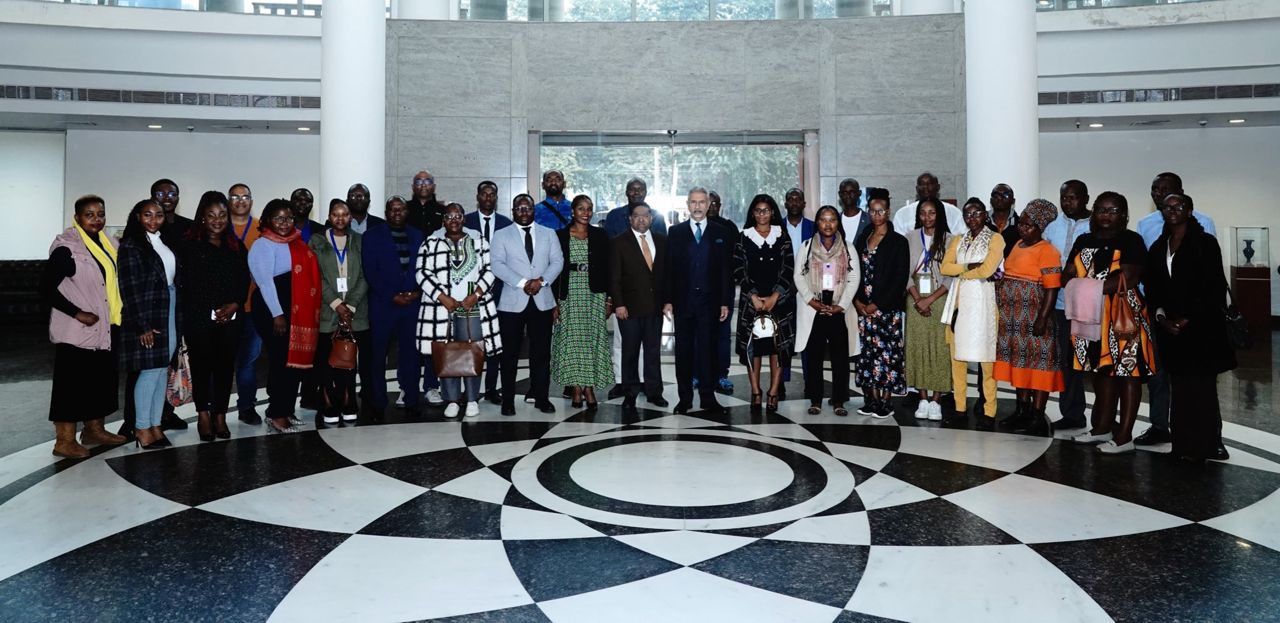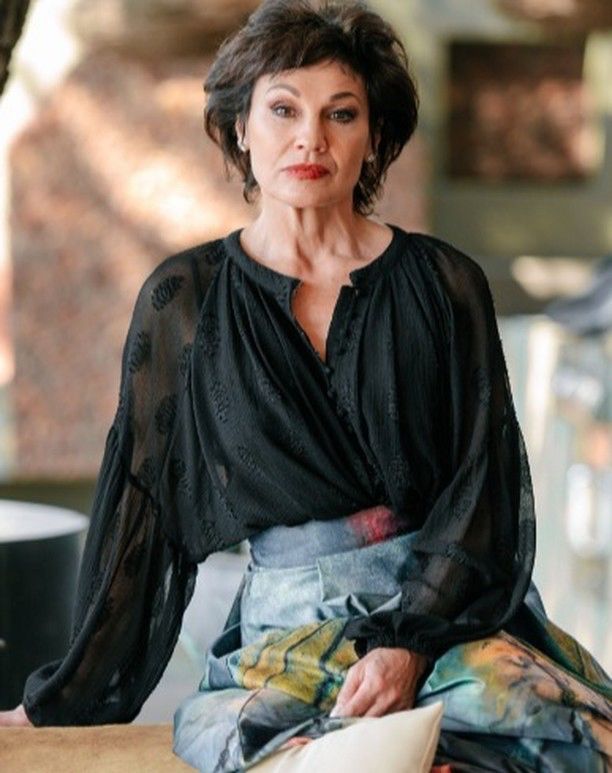RESIDENTS of various informal settlements at Outjo have said they were not ready for the lockdown proclaimed in an effort to prevent the spread of the novel coronavirus in Namibia.
Johanna Pietersen (41), a paralysed mother of two children, told this week she was waiting for her state pension to buy food.
“I don’t have even maize meal to cook for my children and even today I ask my relative for a plate of maize meal. I regularly ask for maize meal for days now,” Pietersen said.
Pietersen said another challenge she had to deal with was the distance she had to go to fetch water, as the water point is about 200 metres from her house.
The unemployed Rachel Tjikongo, who lives with seven children at her house, said food would be a problem during the lockdown since she earned a living by doing housekeeping, but her employer has let her stay at home due to the coronavirus outbreak.
“We will struggle with food,” Tjikongo said.
A former Outjo municipality councillor and community activist, Magreth Pieters, said Outjo informal settlement residents were not ready for the lockdown as people find it difficult to stay home, since most of them survived from hand to mouth.
“Many people are unemployed. I ask people why they roam around the streets and they say that they are looking for food,” Pieters said.
The outspoken Pieters, who also lives at the informal settlement, warned many people would die of hunger rather than Covid-19, the disease caused by the novel coronavirus.
She also said another concern was a shortage of taps and toilets at the informal settlements at Outjo.
There was also still a lack of information regarding Covid-19 in the informal settlements, she added.
Ndamijaa Kapazoe told The Namibian that more than ten people reside at their house and since those who were doing odd jobs were at home due to the lockdown, they were struggling with getting enough food.
“We welcome the lockdown but at least the government should provide us with food hampers and firewood. One cannot buy firewood since there is no money,” Kapazoe said.
Kapazoe’s family cooks 10kg of maize meal a day.
A 61-year-old pensioner, Erenstine //Haubes, said her household did not have food and she was waiting for her monthly old-age pension grant to buy food.
“Our leaders should provide us with food at least before the lockdown. We do not have water and the taps are very far for some of us elderly to walk,” //Haubes said.
She said she made firewood from an old flower plant and was cooking some pig skins for her family. “As you can see I am preparing some pig skins for my family today but firewood is a problem, my child,” //Haubes said.
Outjo mayor Samuel !Oe-amseb said seventeen youths were trained in conjunction with the Ministry of Health and Social Services to educate the community in the informal settlements and he also went to educate them on Covid-19, but people were not serious.
!Oe-amses said a truck providing 6 000 litres of water and a water tank with a 600-litre capacity are available for the informal settlement. Broken stand point taps were fixed, too, he said.
!Oe-amseb added that the issue of a lack of toilets is known, but the municipality does not have the financial resources to build toilets for each household.
He pleaded with the community to work together with the youths trained by the health ministry and to also desist from walking around in groups as that is restricted.
Many squatters spoke to said it would be a welcome gesture if struggling households were provided with food and firewood.
The government has committed N$563 million as an emergency income grant to support households that have lost income as a result of the Covid-19 pandemic.
Stay informed with The Namibian – your source for credible journalism. Get in-depth reporting and opinions for
only N$85 a month. Invest in journalism, invest in democracy –
Subscribe Now!







